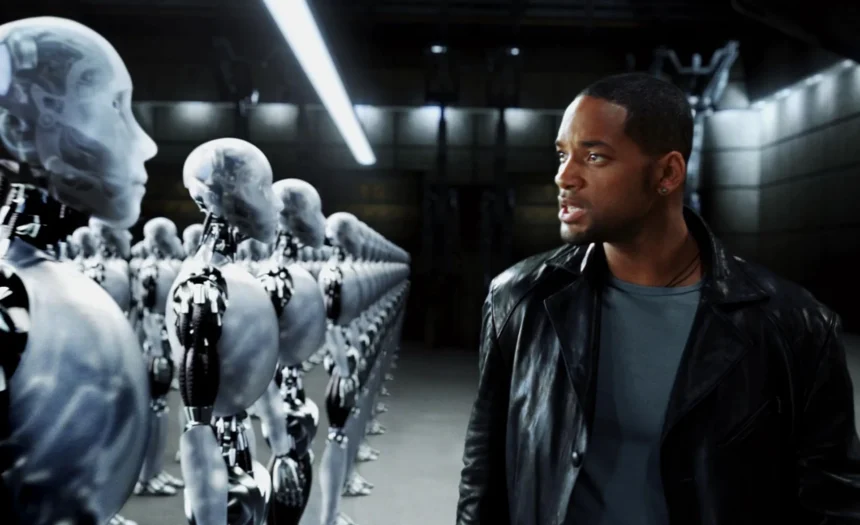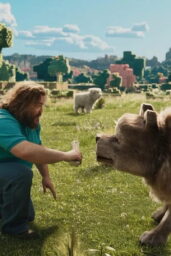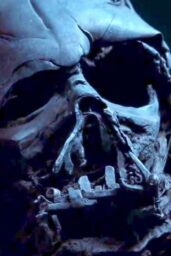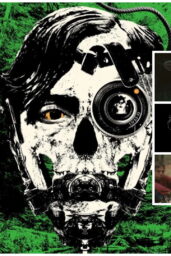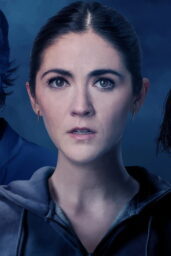Elon Musk's unveiling of Tesla's futuristic robots, named ‘Optimus,' quickly set the internet abuzz, not only for their impressive capabilities but for their resemblance to robots from the 2004 sci-fi film, I, Robot. Directed by Alex Proyas, the film featured autonomous robots as part of a future dystopia, a vision eerily mirrored by Tesla's new bots. Musk introduced these robots as versatile assistants capable of handling various tasks, from teaching to dog-walking, promising they could “be a teacher, babysit your kids, it can walk your dog, mow your lawn, get the groceries, just be your friend.”
Proyas himself couldn't resist joining the conversation, taking to the social media platform X to humorously call out the similarity. Sharing side-by-side comparisons of Tesla's Optimus bots with the robotic police force from his film, Proyas quipped: “Hey Elon, can I have my designs back please?” The visual similarities were uncanny, with even the transportation modes unveiled by Tesla bearing a resemblance to the futuristic vehicles in I, Robot.
The film, based on Isaac Asimov's collection of short stories, was set in 2035 and starred Will Smith as a detective investigating a murder potentially caused by a robot named Sonny (Alan Tudyk). Released in 2004, the film was a box-office success, grossing $353 million on a $120 million budget. Proyas, who's undergone a remarkable transformation after losing 110 pounds, is currently working on another sci-fi project titled R.U.R.
While Tesla's innovations are exciting, the overlap between fiction and reality raises questions about the ethics and implications of AI in everyday life. Could we be heading toward an I, Robot-style future?
It's fascinating to see life imitating art in such an unexpected way. Proyas' comment was a playful yet thought-provoking reminder of how close we are to the AI-driven world depicted in I, Robot. Musk's vision for Optimus is ambitious, but it also nudges us to consider the societal impact of these advanced technologies.
Do you think robots like Tesla's Optimus could become an integral part of our daily lives, or is this vision still too far-fetched?

